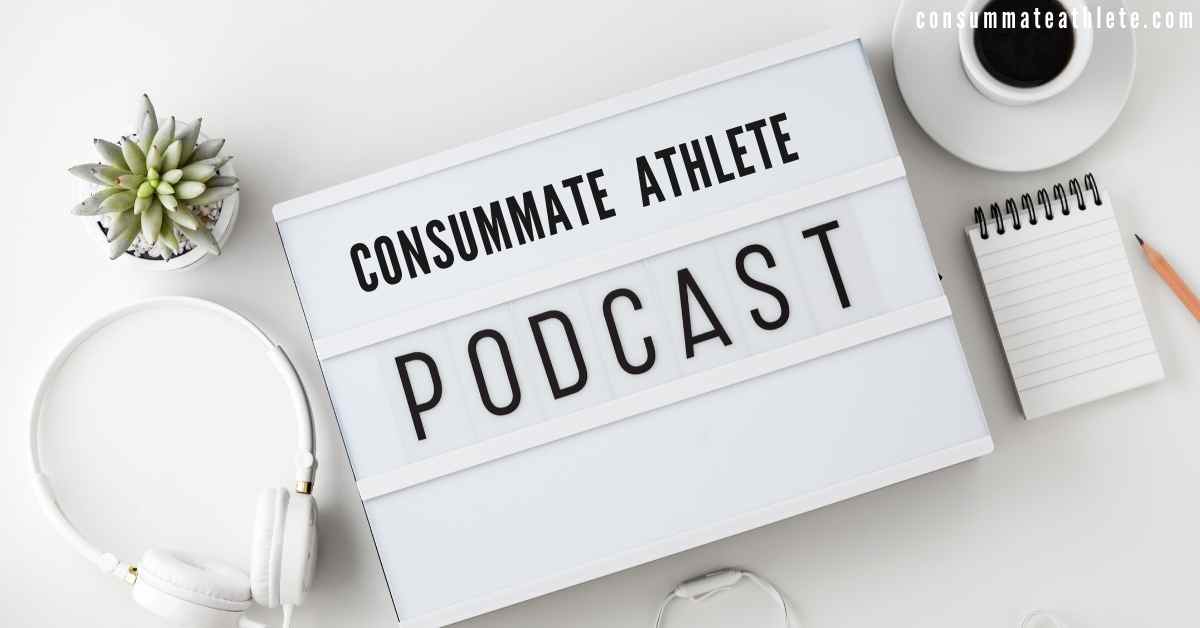Sleep after a hard race or late workout
Many athletes like doing a weekly hard race or group workout. If you find that you can no sleep because you are wound up than trying a cold shower, more food (or less food) and/or some foam rolling and deep breathing (or meditation) can help improve this. If you find that this is a consistent trend than you may be wise to avoid these late night events most of the time to preserve sleep, especially if you can train earlier without as much travel. This is a difficult situation but may help you achieve your main season goal so maybe worth considering if the cold showers and tweaking of pre/post meals and bedtime routine do not help.
Or Are you just a ‘bad sleeper’?
SLEEP POSITION
SLEEP HYGIENE
- Clean your sheets and vacuum and dust your room today. Do it again or a week or so. Clean sheets (and a clean room) can be a nice way to go to sleep.
- Winding down – You could try yoga and journaling before bed if you find you are waking up a lot (does not seem like that is the case from your watch ‘awake’ time) = This ‘awake’ time is when you move around a lot and go to bathroom etc (ie. watch shakes a lot)
- Make your bedroom dark and try to minimize bright lights in the couple hours before bed. Dimmers and room shades are handy.
- Brush your teeth right after bed so that is done and starts you on the bedtime routine early.
- Having earplugs/eyeshade/dark room and cold room (SLEEP HYGIENE) may also help to avoid extra wakings or a disturbed sleep.
** PRO-TIP FOR TRAVELING = Use earplugs/eye shade every day so you are ready to be comfy when traveling **
- I also believe (but admit it is kooky) that having wifi/phones ON in room (and perhaps just in the room as a temptation) has an effect … so TURNING THEM OFF is also wise
- Using any screens with low brightness (also use night shift on iPhone and an APP called F.LUX for PC/Mac computer to take some of blue light and brightness out of any screens you need later in day
- Try to eat at regular intervals during the day to avoid a huge evening meal and try to have that meal a few hours before bed. A common recommendation is to be done eating by 7:30 pm and be in bed ahead of 10:30 pm.
More Resources
1) Amy Bender on Sleep on the Consummate Athlete Podcast
2) How sleep relates to your cycling performance
This is an article I wrote for Canadian Cycling Magazine with some basics on sleep and quotes from the podcast we did with PEAK PERFORMANCE AUTHORS BRAD STULBERG AND STEVE MAGNESS
3) insomnia Guide from PainScience.com
If your sleep is really disrupted definitely go see a doctor. To help you start to understand the issue and perhaps find a few other ideas that you can review with your doctor check out this guide from Paul Ingraham of Painscience.com. He put together an article about his insomnia and does a good job of working through many of the factors that can contribute to insomnia.







